Paradise Chain + Avalanche: An Infrastructure for Unlimited Gaming
Paradise Chain is the latest initiative from the team behind Paradise Tycoon. It's a new infrastructure built on the Avalanche blockchain, designed to integrate multiple games under a single network. The goal is to enable interoperability across gaming experiences, allowing tools, achievements, and assets to be used across different titles within the same ecosystem.
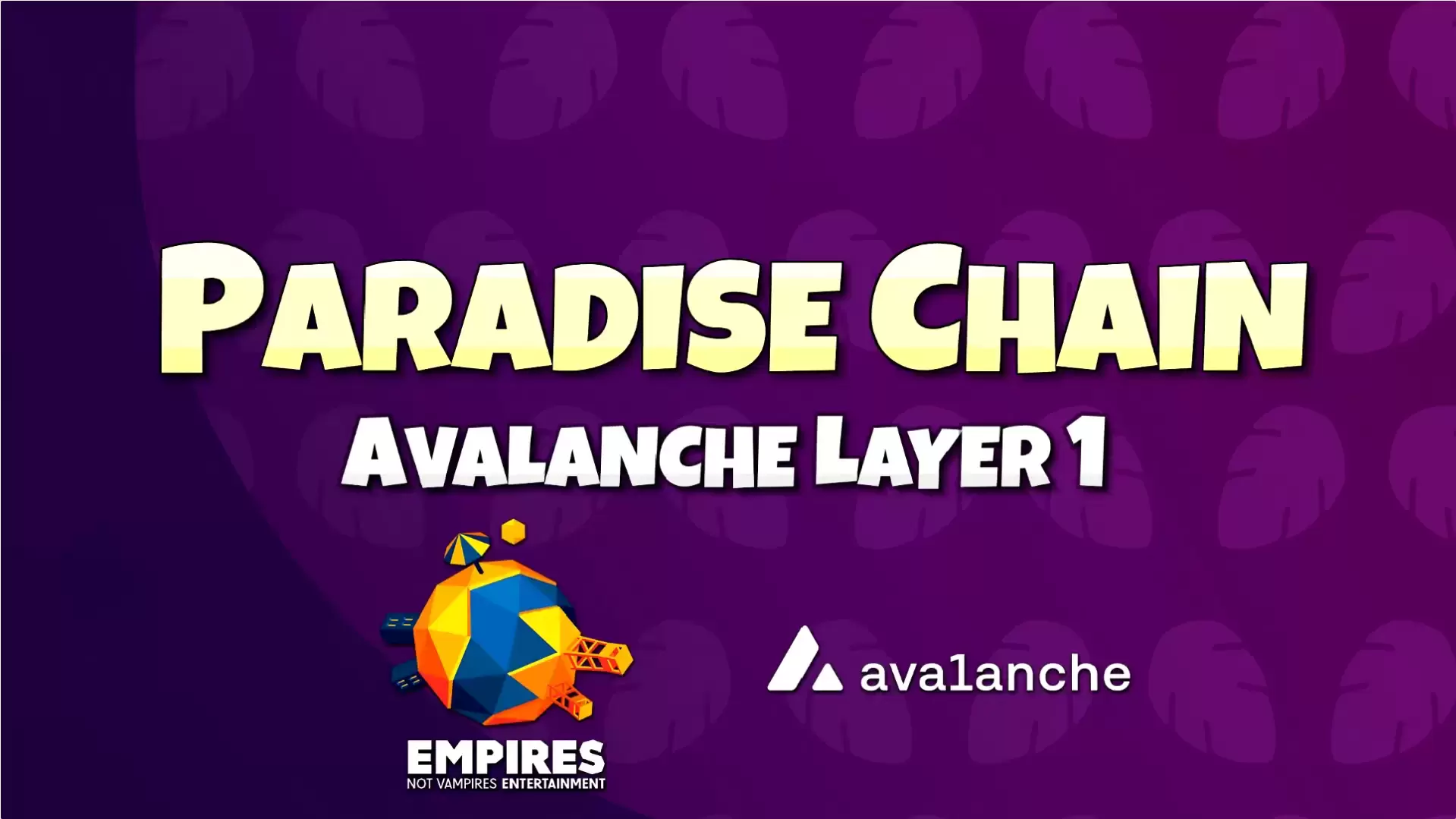
Interoperability and a Player-Driven Economy
This project aims to implement a shared and decentralized economy, where every in-game action has a measurable impact on-chain. Through shared gameplay layers and metalayers, developers can build deeper, interconnected experiences, while players retain ownership of their assets over time.
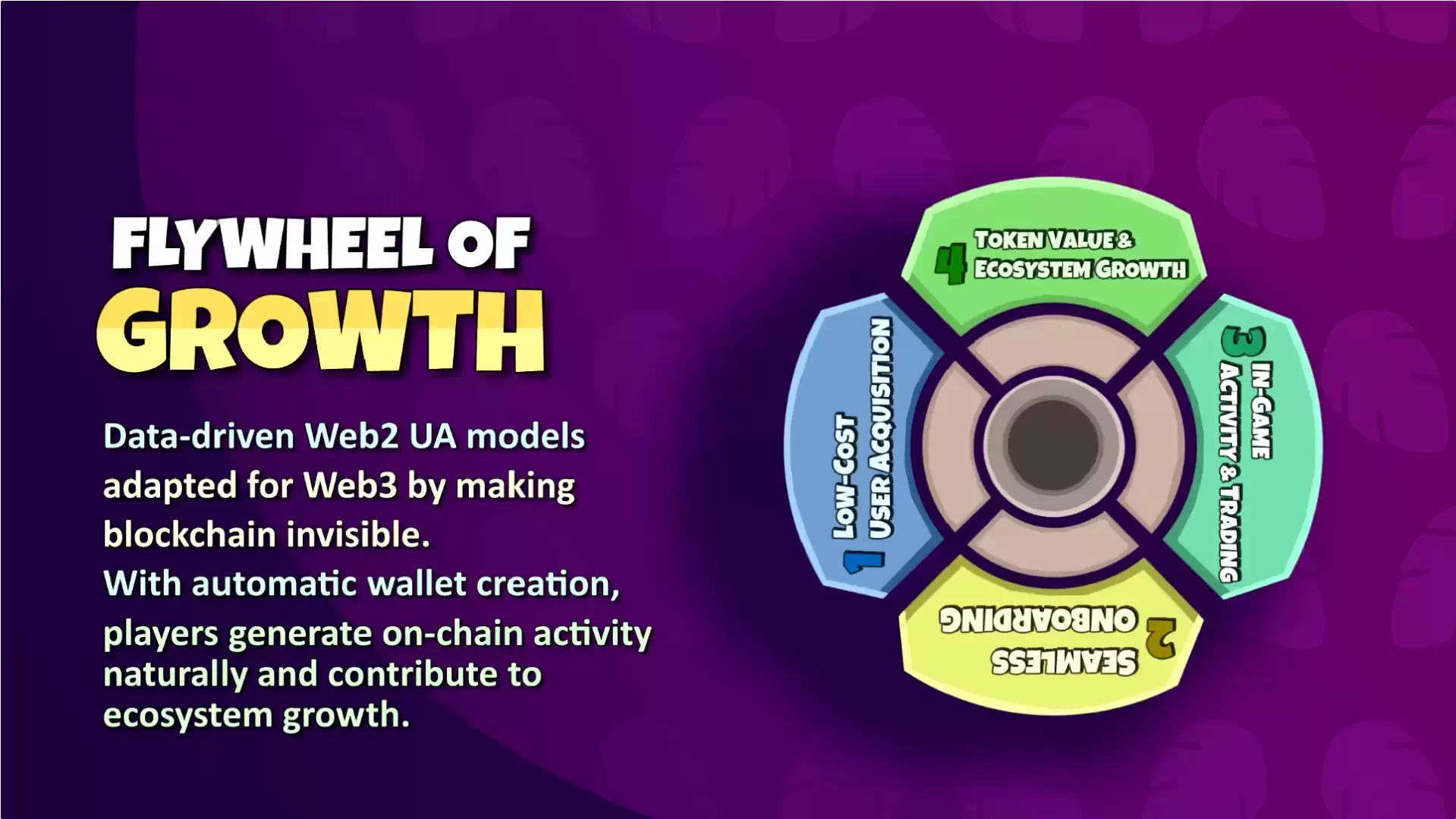
At the center of this economy is $MOANI, Paradise Chain’s native token. All meaningful activities within the ecosystem — such as trades, upgrades, and player-driven events — are tied to this token.
Scalability with Avalanche L1
The choice of Avalanche as the base layer (L1) is driven by the need for performance and scalability. With millions of items already traded in Paradise Tycoon, the infrastructure must support a growing volume of users and transactions without compromising the player experience.
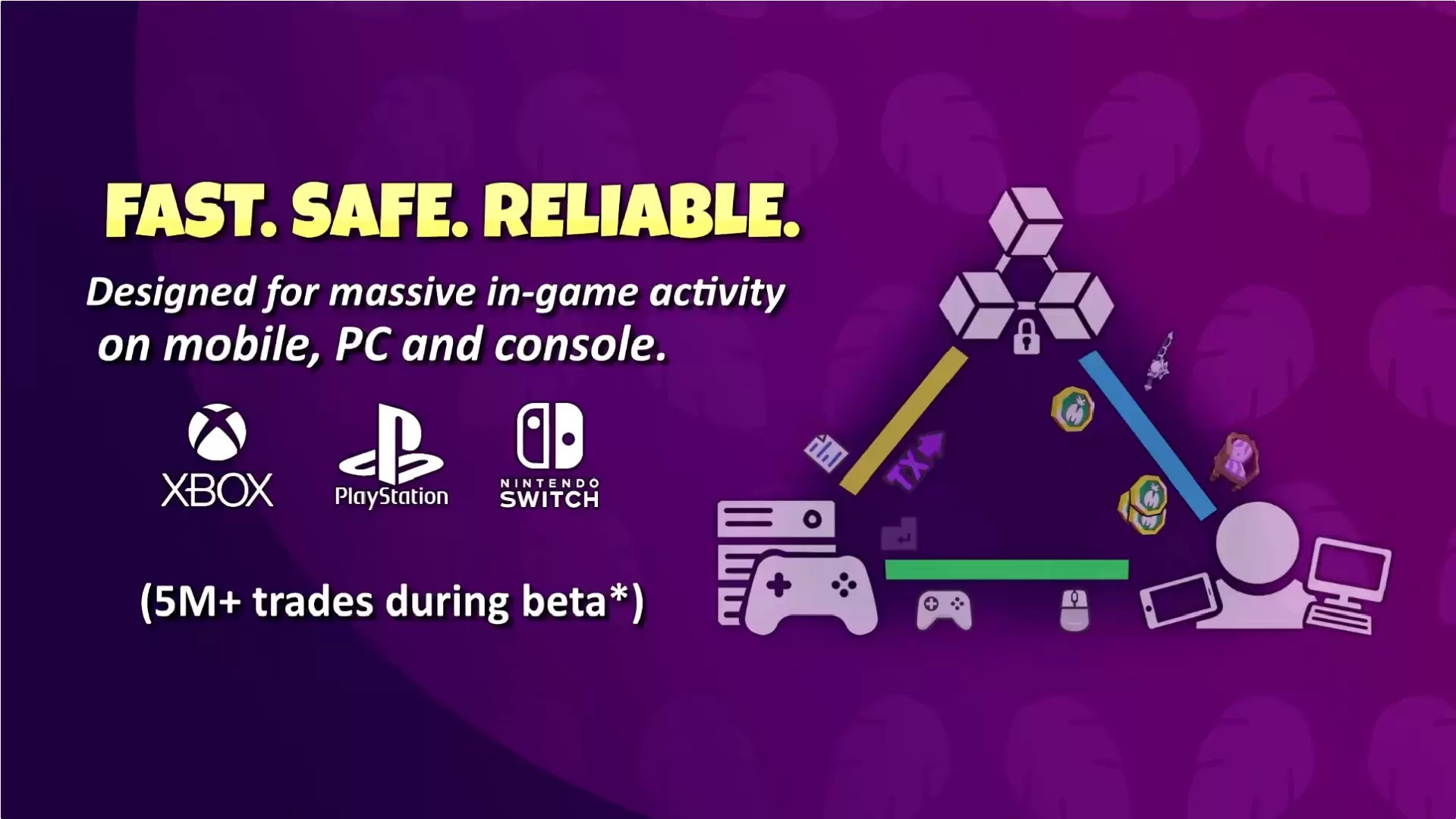
One of Paradise Chain’s key features is its focus on frictionless adoption. Wallets are created automatically, and the blockchain technology remains invisible to the player. No knowledge of crypto or Web3 is required to participate, which reduces barriers and expands potential reach.
Flywheel of Growth
Paradise Chain’s growth is based on proven strategies from the Web2 environment, now adapted to Web3. These include data-driven user acquisition tactics and a direct integration between player activity and on-chain ecosystem growth.
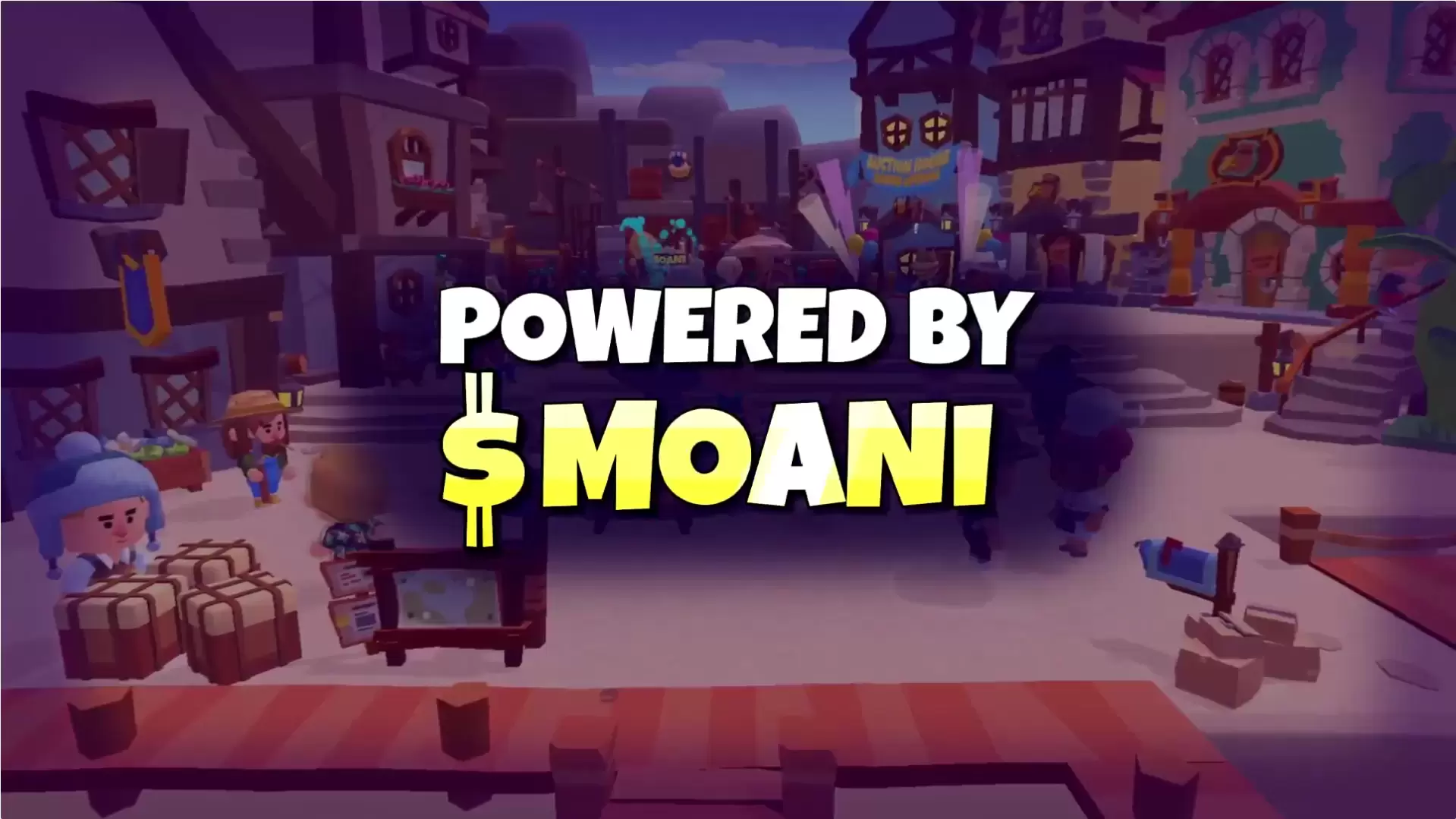
Each new user not only accesses a game but also strengthens the entire network.
On-Chain Properties: Genesis Islands
At the same time, the team continues to advance their work with Paradise Tycoon. Now, Genesis Island owners will see their islands converted into NFT assets in their Immutable wallet.
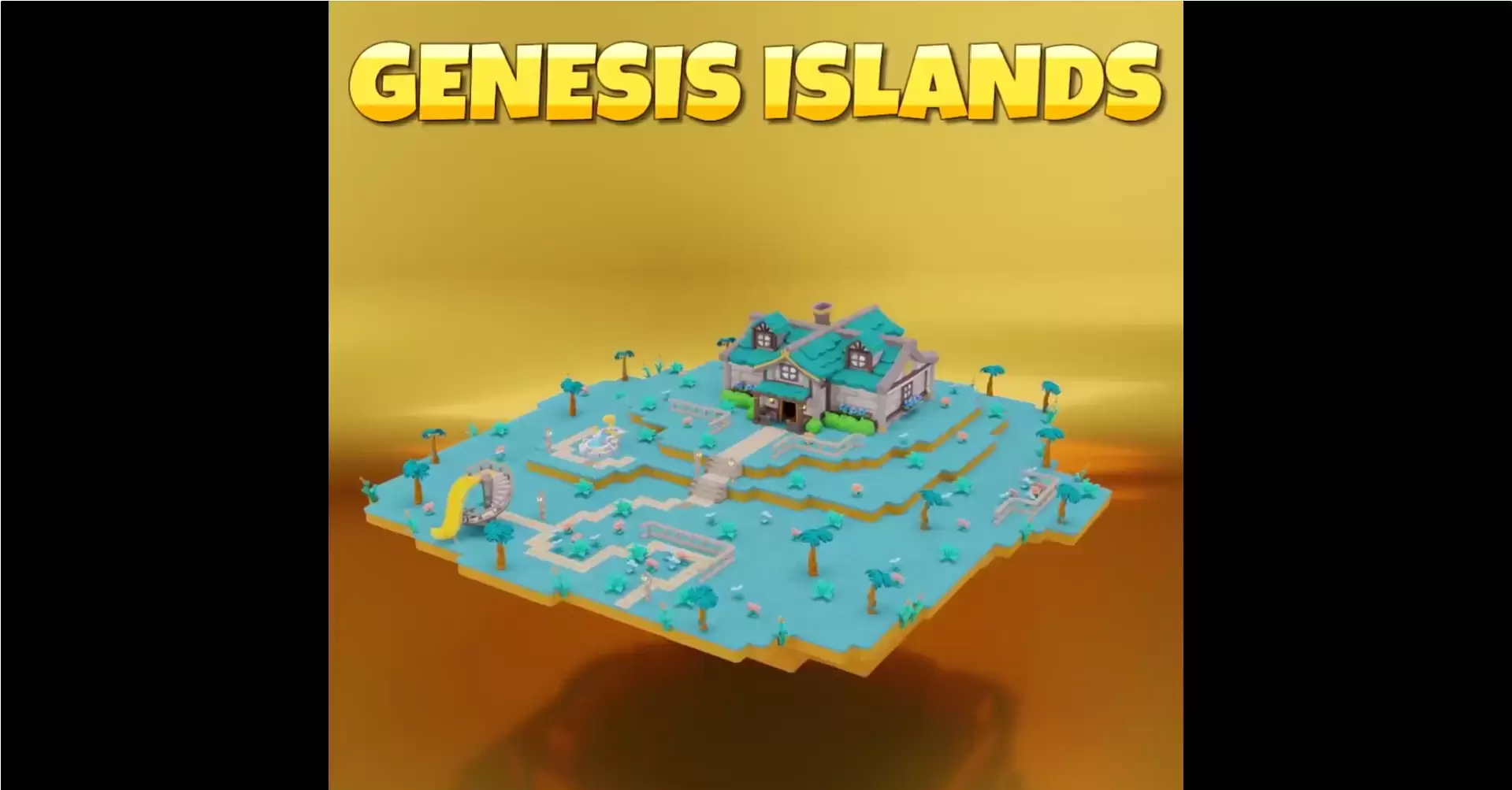
These assets will first appear in users' wallets and later in their in-game inventories. While they currently have no additional utility, they represent a step toward a more robust and decentralized infrastructure.
14
0
NEWSLETTER
Subscribe!
And find out the latest news
Other news you might be interested in
Etiquetas







